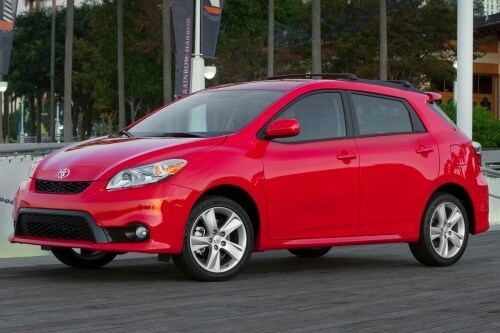CRs surveys are usually misinterpreted@jtsanders.
Yes, I keep hearing that and evey time I do, i feel I have to set the record straight. They have an explanation for the percent difference and it is a ,per year difference. If there is a .04 or 4% difference for every year over a five year period, that means that statistically, the probability of that failure occurring at least once in the statistically higher car is the sum of those percentages.
So, over a five year period, if that 4 percent is in the major engine category, then you have a 20% chance of the majore break down happening above average. On poor cars, there are often several areas of concern. So the chances of at least one of these major repairs happening is again, the sum of those in each category. If there are three, then… Three times 20% is 60 %.
So, these precents add up rapidly when you compare a much better then average car to and average and greater still to a worse then acerage like many Chevy models are. Over a five year period when you consider all the categories, there could be as much as twice the rate of repair ( 100% difference) of one car over another, easily.
When I get my survey, it is only for the past model year. That’s why the percent differences appear so low. Taken over time, they are very significant. That’s simply why Toyota and Honda account for such high positioning in cars lasting 200k or more miles in the latest publication. Like, all ten of the top brands in each category are Hondas and Toyotas.
Not only that, but resale value of an older Honda or toyota is often greater, sometimes making up a significant difference in the purchase price. I have NO PROBLEMS selling ten year old Toyotas for fair market prices. It was always in earlier years, much harder to sell Fords and Chevys at anything approaching a fair market price.
Toyotas, Subarus and Hondas literally get many times more the interest when selling, even those with a 100 k miles. Even dealers of Fords are more apt to give you higher trade ins on Toyotas then their own products, all things being equal. They tend sell used on evryone’s car lot better then most other makes.
If all you do is own GM products, you have not experienced the difference. The repairs you have encountered, seem normal to you. Only when you experience the ownership of other models, do you realize the diffence and CRs numbers are very accurate. It’s important to understand that you could get that 20% more on a civic the a Cobalt in real life sales. The next owners knows there is potentially, much more life in a Civic then a Cobalt.
